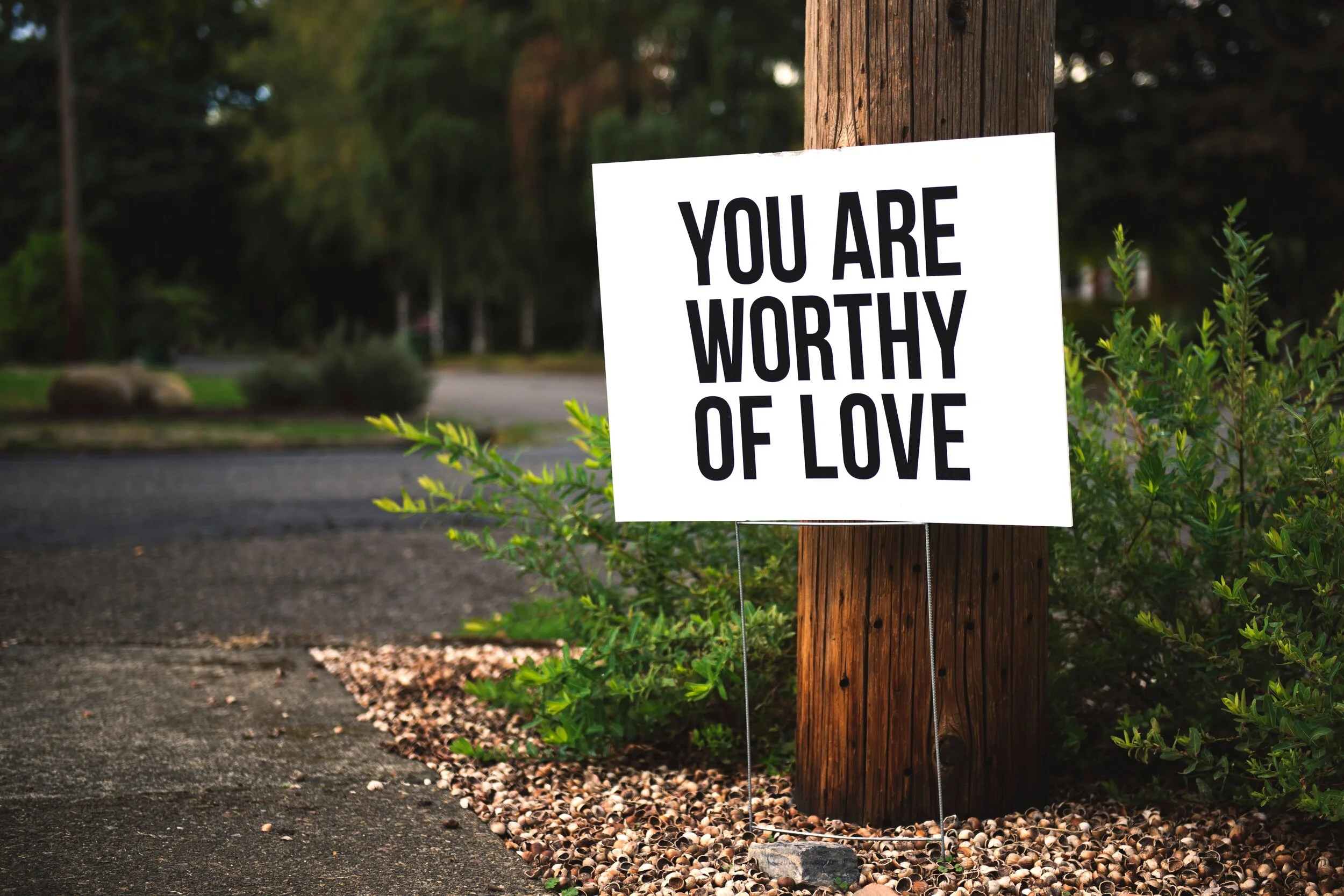The Sense of Self-Worth
As September approaches and I am getting ready to launch my 30 days of self-care program, I am thinking a lot about self-worth and the impacts self-care has on this piece of us.
Self-esteem and self-worth are often spoke about interchangeably. Yet they are not the same concept. So, before we unpack self-worth and where it comes from, let's first take a brief look at self-esteem.
In his book, The 6 Pillars of Self-Esteem, the late self-esteem expert Nathaniel Branden writes:
“Self-esteem is: 1. confidence in our ability to think, confidence in our ability to cope with the basic challenges of life; and 2. confidence in our right to be successful and happy, the feeling of being worthy, deserving, entitled to assert our needs and wants, achieve our values, and enjoy the fruits of our efforts."
Self-esteem contributes greatly to how we behave such that we act in accordance with our views of ourselves and how we fit into the world. We are more resilient when we believe we are able to handle challenges. We are more brave and confident when we believe we are capable at achieving something that may seem scary at first. We are more satisfied with life when we can communicate our needs under the presumption that we have the right and ability to do so. Self-esteem is a major component of overall wellbeing.
By Branden's definition we understand self-worth as an element of the larger more complex concept of self-esteem. Self-worth is important to our wellness because it plays a considerable role in our relationship behavior, both with ourselves and others.
Simply put, self-worth is how we feel about our worthiness of love, which dictates how we function in relationship to ourselves and others. When we believe we are inherently valuable we show up in a way that reflects that; we are buffered from negative opinions of others; we treat ourselves with compassion and care; we have low tolerance for disrespect and abuse, and understand these experiences as information about the other person not a reflection of ourselves, and certainly not of our worth; and we seek and maintain connection with people who are capable of meeting our needs.
Bottom line: the belief that we matter and are loved and loveable is strongly held.
If we believe without strings or conditions that we are worthy of love and belonging, then we have a strong positive sense of self-worth.
When we believe we are only worthy of love and belonging if we behave in certain ways, look certain ways, achieve certain things, belong to certain groups, and so on we are along the unhealthy end of the self-worth spectrum. And there is opportunity for experiencing the self in a more healthy and positive way.
Further, when we believe we are inherently unworthy of love and belonging, regardless of conditions, the experience of the self is so disturbed that a great deal of deep work must be done to repair the experience of and relationship with the self in order to cultivate a life of peace, connection, and fulfillment.
We can think of the experience of self-worth on a spectrum and recognize that it's a fluctuating experience of ourselves, not a static trait.
It can improve, and it can decline.
Self-worth is believed to be the integration or absorption of the experience we have of our caregivers and significant others meeting our needs. Whether people we depend on come through for us reliably teaches us throughout life about the importance of our needs, the safety and acceptability of our needs, our value as human beings, and whether we can trust and depend on people.
When our needs are not met, or met inconsistently throughout life we tend to have a poor sense of self-worth.
To improve self-worth, we need to replicate the messages about our worth that we missed during development. We need to send messages to our brain that we are worthy of love and care.
This is why I am such a proponent of a strong self-care practice. We have the ability to re-parent ourselves later in life if we did not receive the love and care we needed earlier in life. And we do this by showing up for ourselves.
With simple acts of self-care.
Daily.
Please join me for 30 days of self-care starting September 1, 2021. This free program offers simple self-care practices to help you develop a deeper connection with yourself so you can start to love yourself fully.


